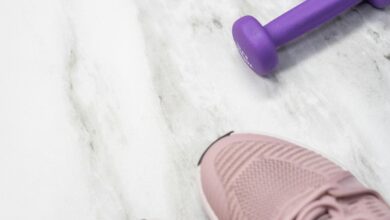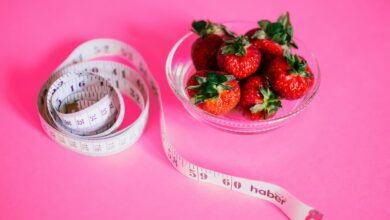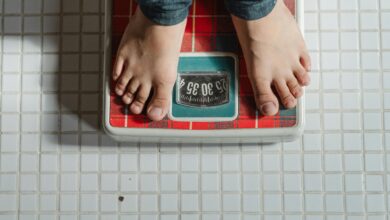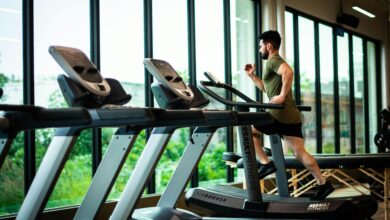The Importance of Hydration in Weight Loss: A Comprehensive Guide
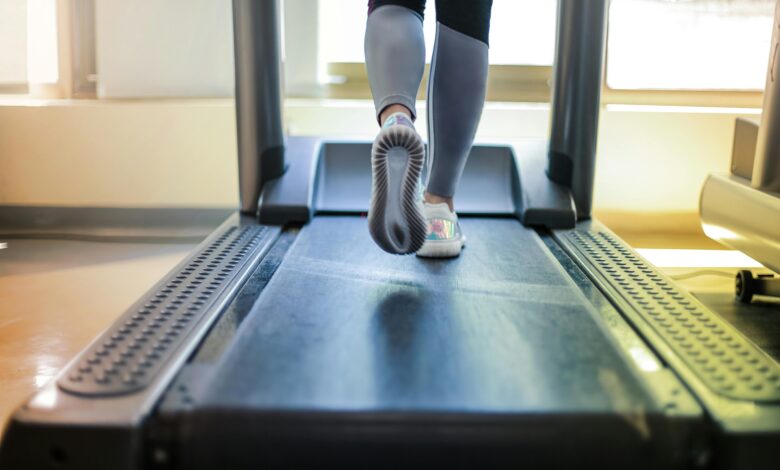
When it comes to weight loss, many people focus on diet and exercise as the primary factors for success. While these are undoubtedly crucial, one often-overlooked element is hydration . Proper hydration plays a vital role in metabolism, appetite regulation, and overall health, making it an essential component of any effective weight loss strategy. In this article, we’ll explore why hydration is so important for weight loss, how it affects your body, and practical tips to stay hydrated while pursuing your fitness goals.
Why Hydration Matters for Weight Loss
Water is involved in nearly every bodily function, from digestion and nutrient absorption to temperature regulation and waste removal. When you’re dehydrated, these processes can slow down, potentially hindering your weight loss efforts. Here’s how hydration directly impacts weight loss:
1. Boosts Metabolism
Drinking enough water can increase your resting energy expenditure , which is the number of calories your body burns at rest. Studies have shown that drinking 500 ml (about 17 ounces) of water can temporarily boost metabolism by 24-30% over the next hour. This means that staying hydrated helps your body burn more calories even when you’re not exercising.
2. Suppresses Appetite
Thirst is often mistaken for hunger, leading to unnecessary snacking or overeating. Drinking water before meals can help you feel fuller, reducing the likelihood of consuming excess calories. Research has shown that individuals who drink water before meals tend to eat fewer calories during the meal, which can contribute to weight loss over time.
3. Enhances Exercise Performance
Proper hydration is critical for optimal physical performance. Dehydration can lead to fatigue, reduced endurance, and impaired strength, all of which can limit the effectiveness of your workouts. By staying hydrated, you can maximize your exercise intensity and duration, burning more calories and building muscle more efficiently.
4. Supports Fat Breakdown
Water is essential for the process of lipolysis , which is the breakdown of fat molecules into usable energy. Without adequate hydration, your body may struggle to metabolize stored fat, slowing down your weight loss progress.
5. Reduces Water Retention
Ironically, drinking more water can help reduce water retention. When your body senses dehydration, it holds onto water as a survival mechanism, which can cause bloating and puffiness. Staying consistently hydrated signals to your body that it’s safe to release excess water, helping you look and feel leaner.
How Much Water Do You Need?
The amount of water you need depends on several factors, including your age, gender, activity level, climate, and overall health. However, general guidelines suggest:
- Men : About 3.7 liters (or 125 ounces) of total water per day.
- Women : About 2.7 liters (or 91 ounces) of total water per day.
This includes water from all sources, such as beverages and food. For weight loss, some experts recommend drinking half your body weight in ounces of water daily. For example, if you weigh 150 pounds, aim for 75 ounces of water per day.
Signs of Dehydration
Dehydration can sneak up on you, especially during weight loss when your body is undergoing significant changes. Common signs include:
- Thirst
- Dry mouth
- Fatigue
- Dizziness
- Dark yellow urine
- Reduced urination
- Muscle cramps
If you notice any of these symptoms, it’s time to increase your water intake.
Tips for Staying Hydrated During Weight Loss
Staying hydrated doesn’t have to be complicated. Here are some practical strategies to ensure you’re getting enough water throughout the day:
1. Start Your Day with Water
Drink a glass of water first thing in the morning to rehydrate after a night of sleep. Adding lemon or cucumber slices can make it more refreshing.
2. Use a Reusable Water Bottle
Carry a reusable water bottle with you wherever you go. Having water readily available makes it easier to sip throughout the day.
3. Set Reminders
Use phone alarms or apps to remind yourself to drink water regularly, especially if you tend to forget.
4. Flavor Your Water Naturally
If plain water feels boring, infuse it with fruits like berries, citrus, or herbs like mint for a refreshing twist.
5. Drink Before Meals
Make it a habit to drink a glass of water 20-30 minutes before each meal. This not only aids digestion but also helps control portion sizes.
6. Monitor Urine Color
Your urine color is a good indicator of hydration status. Pale yellow indicates proper hydration, while dark yellow suggests you need more water.
7. Eat Water-Rich Foods
Incorporate foods with high water content into your diet, such as:
- Cucumbers
- Watermelon
- Celery
- Oranges
- Strawberries
These foods contribute to your daily fluid intake while providing essential nutrients.
Hydration and Detoxification
Adequate hydration supports your body’s natural detoxification processes. Water helps flush out toxins through sweat, urine, and bowel movements. When you’re properly hydrated, your kidneys can efficiently filter waste products, reducing the strain on your liver and other organs. This detoxifying effect can enhance your overall health and support weight loss.
Common Myths About Hydration and Weight Loss
Myth 1: Drinking Water Alone Will Make You Lose Weight
Reality: While water is essential for weight loss, it’s not a magic solution. You still need a balanced diet and regular exercise to see significant results.
Myth 2: All Fluids Count Toward Hydration
Reality: While beverages like tea and coffee contribute to hydration, sugary drinks and alcohol can dehydrate you and hinder weight loss.
Myth 3: You Only Need to Drink When You’re Thirsty
Reality: Thirst is a late sign of dehydration. It’s better to drink water consistently throughout the day, even if you don’t feel thirsty.

